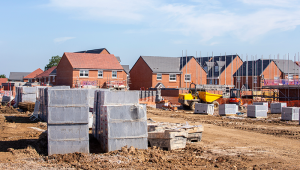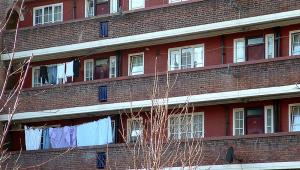The CIH called on local authorities and housing associations to establish so-called housing affordability frameworks, in a report Building Bridges, published yesterday.
This would be pooled information on what homes people could afford to establish what mix of homes was needed in their areas.
Jointly-funded systems to manage allocations and lettings should also be set up between the two sectors, the trade body suggested.
Terrie Alafat, chief executive of CIH, said: “It is true that much of the tension between councils and housing associations has its origins in government policy, and in the guide we have made a series of recommendations on how government could act on this.
“But this research also highlights that by working together more closely and sharing resource councils and housing associations can make sure the right homes are built in the right places.”
She said it had “never been more important for these two sets of organisations to be close partners”.
Alafat noted that there was an inconsistent picture across the UK with certain areas seeing greater partnership between councils and housing associations while others had more strained relationships.
The guidance noted before the financial crash there were successful and sustained partnerships between councils and housing associations.
But, it added, that these were strained when funding and investment for housing declined and after the introduction of government policy, such as the voluntary right to buy which required councils to sell their ‘higher-value’ homes.
John Bibby, chief executive of the Association of Retained Council Housing, said: “There are undoubtedly some tensions between what should be very strong partners – much if it caused by government policy."
Mark Perry, chief executive of the housing association, VIVID, said both sides needed to “embrace and appreciate” each other’s differences to move forward together and deliver solutions to the housing crisis.
Recommendations to councils and housing associations in the new guide include:
- Work in partnership to develop a Local Housing Affordability Framework (LHAF) to identify the required mix of homes and agreed targets in terms of number of homes and range of rents for each tenure
- Work together to develop a better system for allocations and lettings for which the cost is shared
- Work more closely on homelessness, jointly collecting data on street homelessness and increasing engagement with other organisations to support vulnerable homeless people
Recommendations to the government include:
- Promote LHAFs and make the building of homes with rents that are genuinely affordable to those on low incomes a central policy
- Ensure welfare reform measures do not prevent low-income households from having access to affordable housing
- Make it easier for councils to dispose of land so that they have more freedom to develop affordable housing
- Increase the amount of grant available for the building of homes for lower rents.











